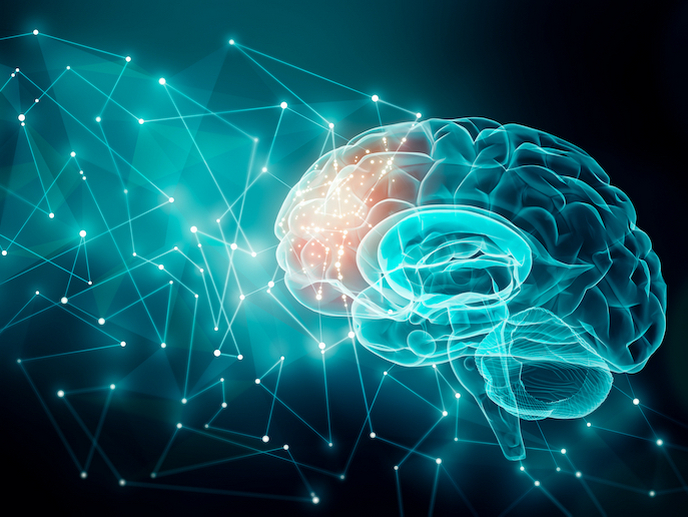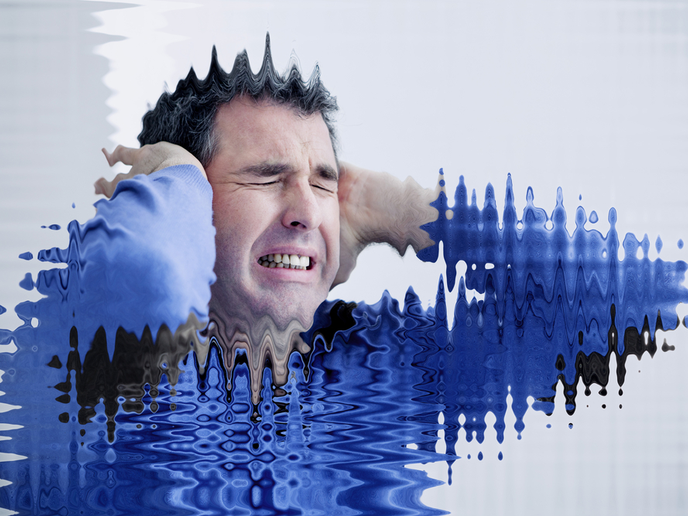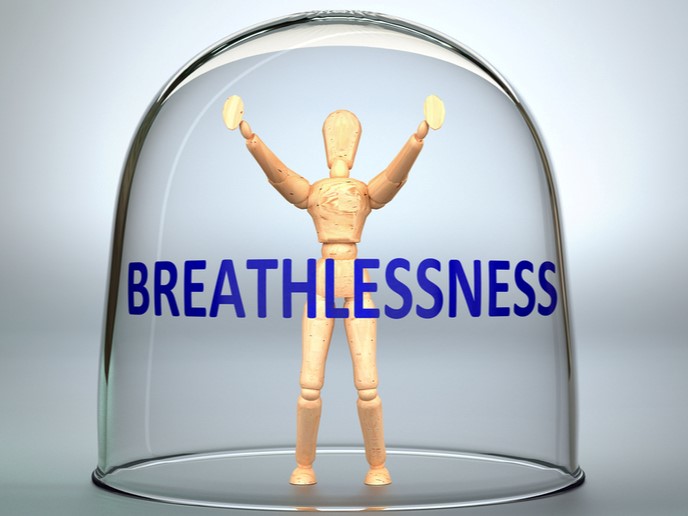Plug n’ play brain stimulators will bring hi-tech depression treatment to the masses
Over 300 million around the world are currently affected by depression. This number grew nearly 20 % between 2005 and 2015. In Europe, around 7 % of the population go through a major depressive experience, and around a quarter have trouble with anxiety-related issues. Yet current treatment methods are either inefficient, or not personalised enough to individual patients. One promising option is to seize upon science’s growing understanding of brain stimulation. A Horizon 2020-funded project, PLATOSCIENCE, has been developing a technology that uses tDCS, essentially electrical stimulation for the brain, that works to excite or calm areas of the brain as a form of treatment. PLATOSCIENCE has created the first plug n’ play brain stimulating headset for personalised at-home treatment of depression. “What’s really unique about this project is that the headset we are building both measures and stimulates brain activity. This means that the headset can analyse a depressed patient’s brain activity and then calculate the most effective treatment, followed by real time adjustments based on how the patient’s brain responds to the treatment,” explains Morten Friis-Olivarius, Founder and Scientific Director of PlatoScience ApS, and project coordinator.
PlatoCure
The device, PlatoCure, uses three fixed, programmable electrodes built into an adjustable headset that can be configured for each patient’s head. “The headset stimulates the left and right side of an area in the frontal part of the brain named the dorsolateral prefrontal cortex and one area in the back, the precuneus,” says Friis-Olivarius. The patent-protected device is linked to an app, which also collects data that can be used by health practitioners and psychotherapists, and which provides predictive analysis to fine tune treatment programmes. PlatoCure can also image scan the brain, using a common electrode-based technique known as electroencephalogram (EEG), which measures the brain during stimulation. “Depression is typically associated with lower brain activity in certain areas of the brain. PlatoCure works by increasing spontaneous brain activity and metabolism in the areas that it identifies as underactive in a depressed patient,” Friis-Olivarius explains. Over 4 000 peer-reviewed studies on the safety and efficacy of tDCS have been carried out. “The positive effects in depression treatment are well established,” says Friis-Olivarius. The PLATOSCIENCE team are currently preparing for a phase II application, and if successful will proceed with their own clinical trials. The team found it unexpectedly challenging to separate the EEG signals from the tDCS stimulation, due to an extremely high signal-to-noise ratio. “We solved this with state-of-the-art signal-processing algorithms developed in collaboration with the Danish Technical University,” says Friis-Olivarius.
Stimulation for the masses
“During this project it has become clear that making this headset available to the mass market is not only feasible but necessary. Our headset could change the way depression research is conducted (through big-data crowd science) and more importantly change the faith of the more than 300 million people worldwide suffering from depression,” says Friis-Olivarius. The team are proud to have started a crowd science movement for neurostimulation. “Crowd Science is an open research concept which consists of large-scale, user-driven experiments that we then collect the research data from,” Friis-Olivarius adds. The consumer version, PlatoWork, is already on the market. The team expects PlatoCure to be on the market by 2022.
Keywords
PLATOSCIENCE, brain, stimulation, depression, treatment, personalised, EEG







